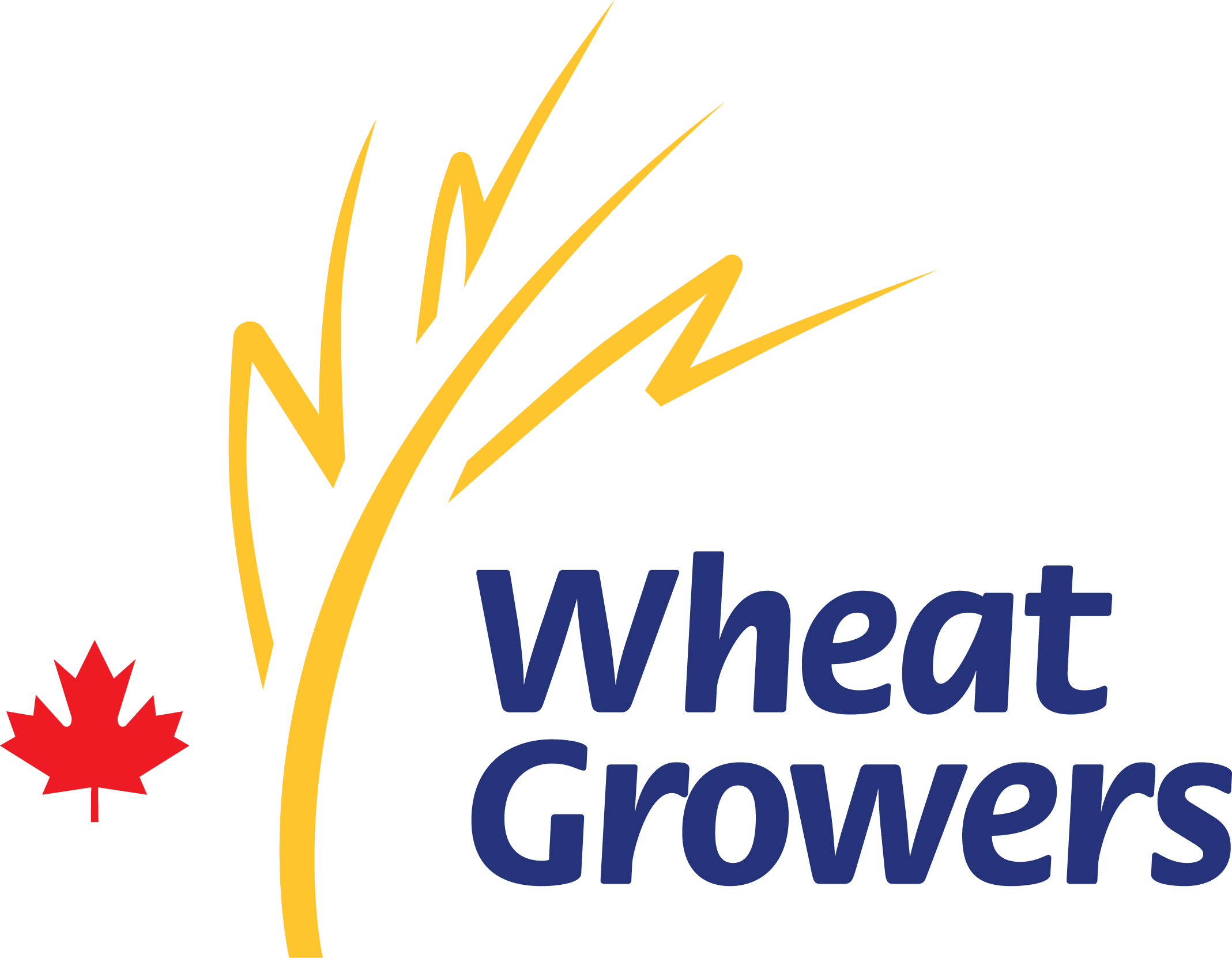The carbon tax has had a huge impact on farms. All of their inputs (fertilizer, sprays, machinery, parts, trucking, etc) are charged the carbon tax. In many industries these costs can be passed along to the end consumer. Unfortunately, farmers sell their grain on world commodity prices and therefore have to both bear the cost and compete against other countries that don’t have a carbon tax. The impact of the carbon tax varies from farm to farm, depending upon the size and type of crop as well as the equipment being used. The Grain Farmers of Ontario (GFO) have calculated that the carbon tax at $170/t GHG per acre costs farmers $68.26 per acre. The federal government has introduced a rebate that “is set at $1.47 for 2021 and $1.73 for 2022, per $1,000 in eligible farming expenses, for the fuel charge year. Any credit claimed would be required to be included in taxable income. (https://www.bdo.ca/insights/carbon-tax-rebate-farmers). The governments rebate comes nowhere close to covering the carbon tax imposed upon grain farmers. While there are some efforts to eliminate the carbon tax for drying grain, it has not passed all legislative approvals yet. (https://www.parl.ca/LegisInfo/en/bill/44-1/c-234)
Frequently Asked Questions
© 2024 · Wheat Growers Association
